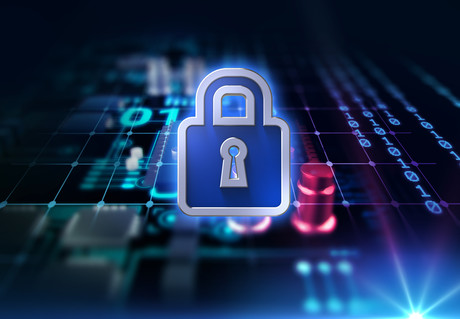Australians' security concerns climb to new highs

The Australian public’s concern over security issues has grown to a new high, with identity theft remaining the top worry, according to research from Unisys.
The company’s latest Security Index shows that Australia’s overall index score has grown to 157 out of a possible 300, up from 106 during the last survey in 2014. This also marks the highest index score recorded since the surveys started in Australia in 2006.
Australia’s rate of growth was the second largest of the 13 countries surveyed, behind only the Netherlands.
More than half (58%) of Australians are extremely or very concerned about identity theft through unauthorised access to or the misuse of personal information, and 55% are concerned about others obtaining their credit or debit card details.
But the biggest jumps were recorded in the areas of viruses and hacking — with the percentage of Australians concerned about internet security in relation to these issues almost doubling from 28% to 54% — and national security in relation to war or terrorism, which increased from 32% to 54%.
NSW and Queensland recorded the highest levels of overall concern, with index scores of 163 and 160 respectively, while the NT had the lowest overall concern with a score of 136. Young adults aged 18–24 are most concerned, and women are more concerned than men across all age groups.
Unisys’s director of border and national security programs, John Kendall, said internationally emerging markets continued to record the highest index scores, but the biggest increases were in mature markets.
“Even developed countries are starting to feel vulnerable — especially as we move to an increasingly interconnected global digital economy. The recent global impact of the WannaCry ransomware attack (which occurred after this survey) made this abundantly clear,” he said.
“Consumer trust is very fragile. Organisations have to assume that they will eventually be breached and take immediate steps to minimise and contain the impact on themselves and their customers in order to gain and maintain that trust.”
How to harness AI to advance cybersecurity
Organisations that prioritise AI-enabled security and a culture of continuous learning...
Solving the IoT attack surface challenge: a practical playbook for IT managers
As IoT environments get more complex, adopting zero-trust architectures to verify every device...
Defending against AI-powered cyberthreats
Improving cyber resilience is no longer about perimeter defence or reactive patching, but...







